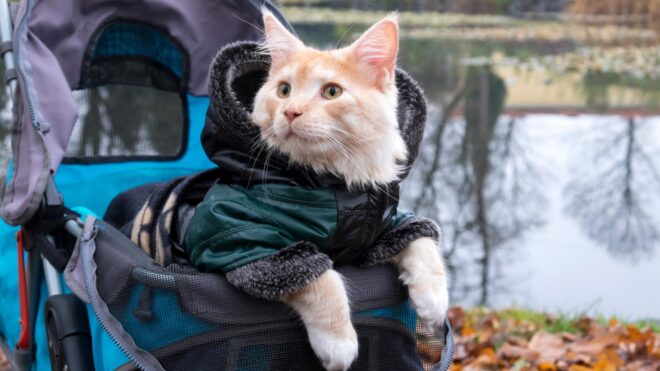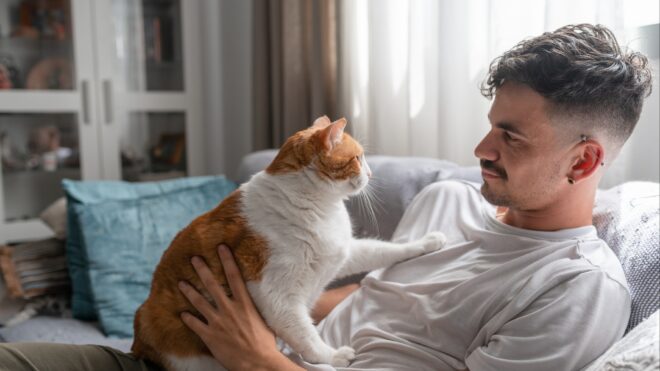
We talk to our pets like they are people and we may not be that far removed from the truth. Pew Research states that about half of American pet owners say their pets are as much a part of their family as a human member. Dog owners are humanizing our pets slightly more — by 53% — according to Pew Research. And while the conversations we have with our fur-children are one-sided, animal communicator Ellie Laks, the driving force behind The Gentle Barn Foundation who has been featured on The Ellen Show and Animal Planet, knows first-hand the surprising ways humans and pets are like. This includes personalities, interests, perceptions, memories, and the need to be heard.
“We are so much like our animals at home, in fact, we are the same, with the same perception, memory, likes, dislikes, wants, and needs,” Laks tells LittleThings. “Of course, we are all different and unique as individuals, but as an animal communicator, I have spoken to thousands of animals. I have spoken to not just dogs, cats, birds, and horses, but also lions, tigers, bears, and elephants.”

That’s right. She even connects with the wildest of creatures. “At first, I was so excited to speak to those more rare and exotic animals, but once I was connected and inside the conversation, they sounded just like any animal, just like you and me,” says Laks. “Once we get past what the body looks like, the soul is the same in each of us.”
Animals are introverts and extroverts and have a variety of emotions, for one thing. They can be as different as your children. “Animals want to have fun, explore, play, and travel,” says Laks. “They get bored just like we do and ask for more stimulation. Some are homebodies and some are extroverts, preferring to socialize. Some like being fancy and wearing clothes and costumes and some don't. Some are really good listeners and some talk a mile a minute and I can't write down their words fast enough. Some are leaders and protectors, and some are humble followers. They get jealous, they have arguments, and they fall in love, just like we do.”
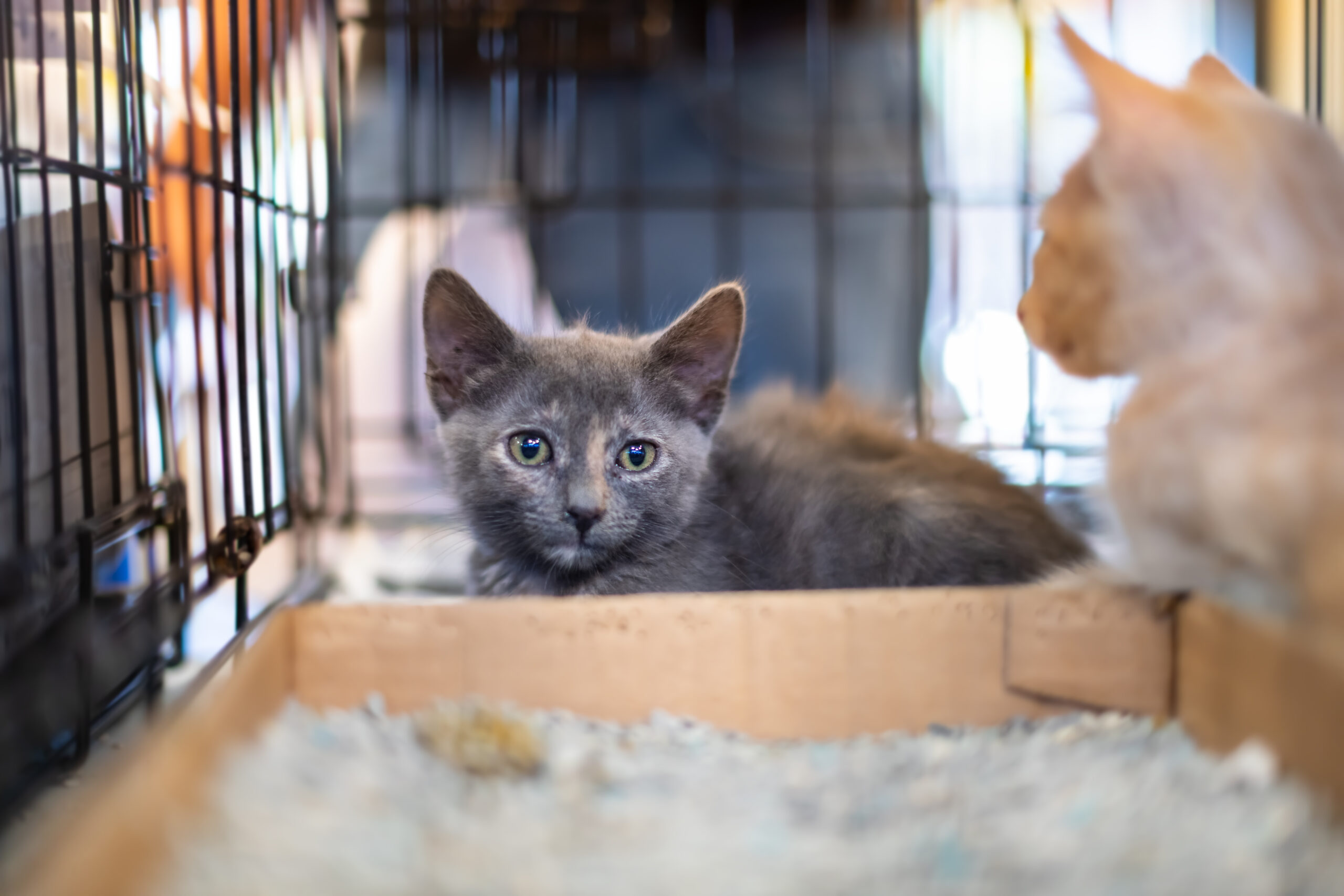
It can be heartbreaking to learn that our beloved pets — especially those who have perhaps been rescued from shelters — feel emotional pain. “They suffer when being mistreated,” says Laks. “They hold onto trauma. They work to forgive. They remember loved ones, faces, and experiences just like we do. They remember their childhoods and can often tell me what their lives looked like starting at a very young age. Some even cry for their mothers and lament that they were taken from them too early. They remember their siblings and previous owners.”
Pets have even communicated with Laks to help their family dynamics. “They are highly perceptive and understand everything that is going on,” says Laks. “I have had a dog tell his mom not to leave her husband, that he is a good man and just needs more time. I had a cat tell me that her mom had a heart condition, even though the mom had told no one. I have had animals ask that their people get off the phone, or say that they work too much, or recommend that they quit their jobs that are making them miserable, and others say that their parents need a vacation. I had a cat who wanted her mom to meditate more and asked her to practice it every day. Our animals want us to be happy, but when we are struggling, they want us to turn to them, they understand everything.”
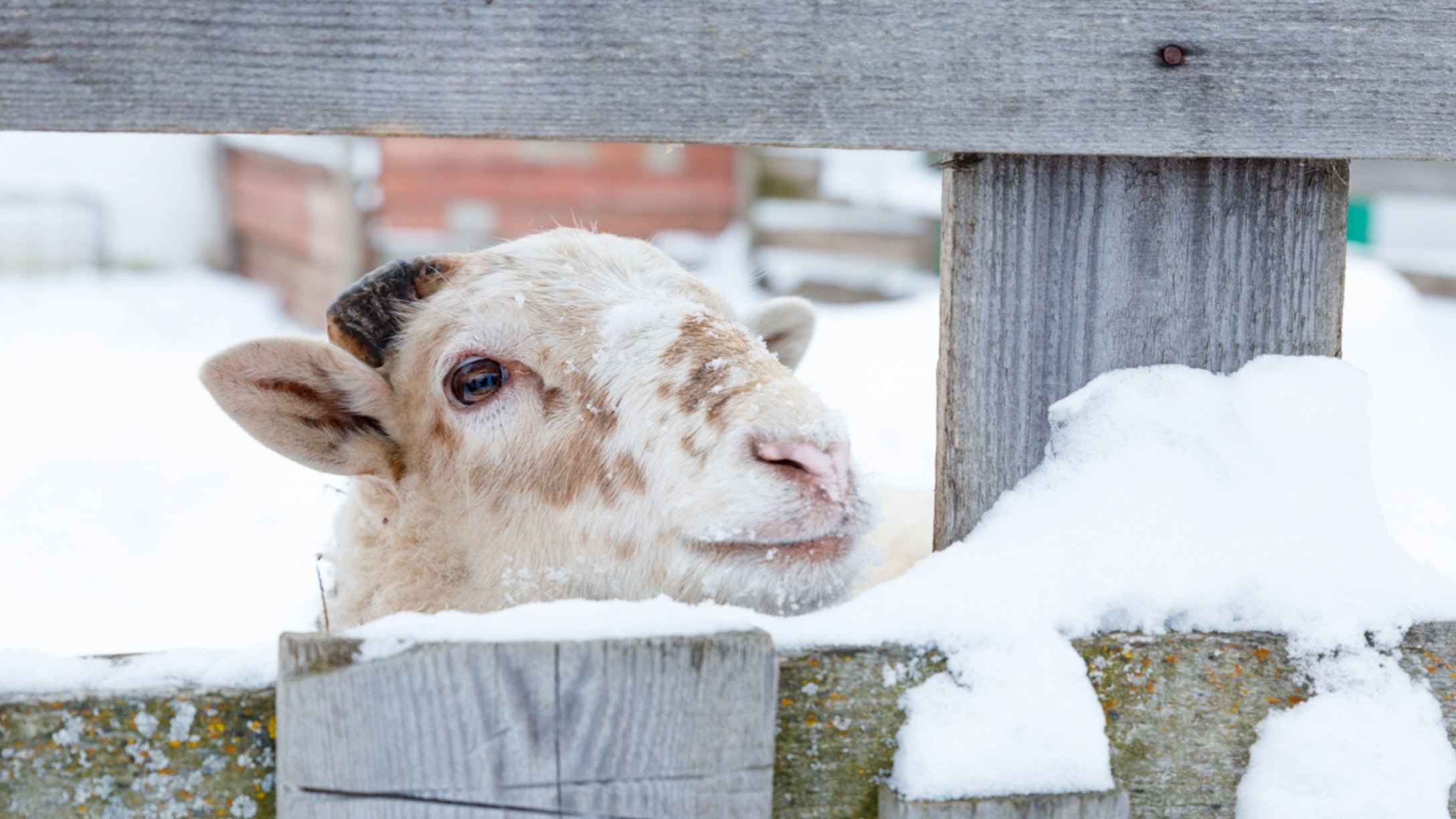
They get stressed, too. “Animals get frustrated when they are not heard or understood,” says Laks. “They talk in pictures, and of course use their sounds and body language, but most of the time because we are so blocked from our intuition, they have to work very hard to get their message across. When they get to talk to me they feel relieved and finally understood after a lifetime of silence. They also get angry and have to act it out to get our attention, which often fails. I had a client who had a cat who was peeing in the house. When I asked the cat why she said it was because she hates her mom's new boyfriend and wants him out of the house. When I relayed this to her mom, the mom then validated that the cat was indeed peeing on the boyfriend's side of the bed and couch.”
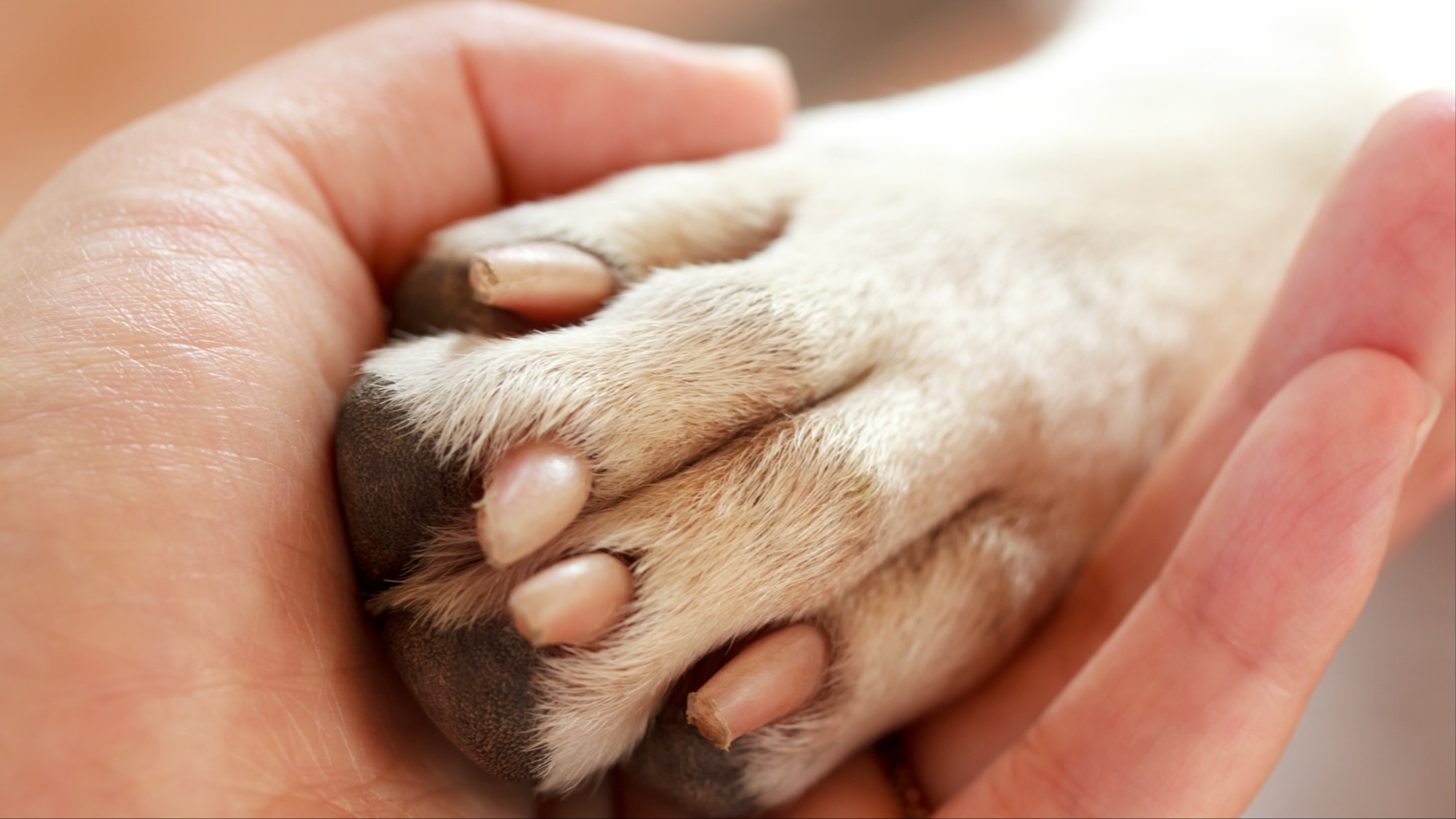
Bring out the tissues before you read this next part if you have a senior or ill pet. “At the end of their lives they have bucket lists and end-of-life needs and wants just like we do,” says Laks. “Some ask to go to the beach or mountains one more time. They have favorite experiences and one time I had a dog ask to see his favorite view from their favorite hiking spot just one more time. Some just want to be held and watch movies for a few more days. Some are ready and unafraid to go, and some want as much time as they can possibly get with their families. Some animals are very stoic and even though they look awful to us, they say that they are not suffering and want more time. Some are more fragile and admit that they are uncomfortable and look forward to lifting up and out of their bodies.”

It's a lot to take in, but Laks sums it up to help us forge forward with a new mindset, saying, “As humans, we must move past the differences of our appearances and see that our souls are the same, that animals want all the things that we want: a good life, for us all to be happy, and to live a good and healthy life. They see the challenges that we go through, just like a human could see if they were living with us. Just like we remember a loved one or a friend, they do, too. Just like we are all working to find ourselves, have a stronger voice, and be as healthy as we can be, so do they. When well-intentioned animal activists say that they want to help the voiceless, they could not be further from the truth, animals have a huge, dynamic voice with lots to say. It is us that need to learn to listen!”


